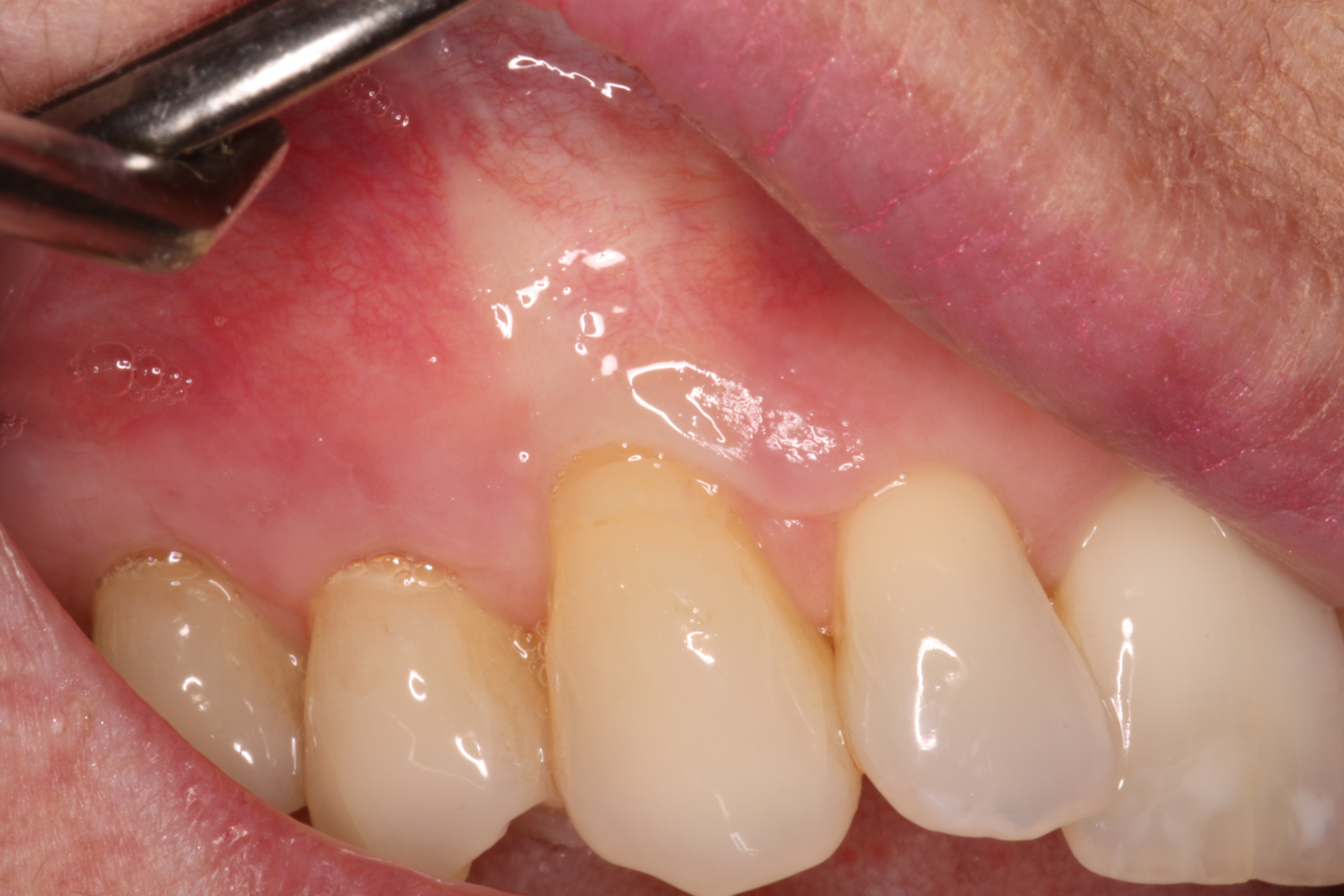Fun Info About How To Reduce Gum Inflammation

To prevent or reduce gum inflammation, besides brushing twice a day and flossing, it is recommended to follow up with a traditional indian medicine practice of oil pulling.
How to reduce gum inflammation. You can place an ice cube or crushed ice on the gums as long as your teeth. When you lose gum tissue, your gumline gets lower, exposing some of your tooth roots. Preventing gum disease like gingivitis, which can cause irritated, swollen, and inflamed gums, starts at home.
Warm and cold compresses can provide quick relief for sore, swollen gums as they help reduce pain and swelling. Use ice cubes or ice packs. Common dental treatments for swollen gums include:
That bleeding can be one of the first warning signs of gum disease. Pour 1 teaspoon (5.7 grams) of salt into 1⁄2 cup (120 ml) of water and stir until the salt is completely. If you are experiencing gum pain, try some ice therapy.
Tooth scaling and root planing (deep dental cleaning). Rinse your mouth with this saltwater solution for 30 seconds. The mild variety is called.
Regular oral hygiene can often help prevent it. Mix 1 teaspoon of salt and 8 ounces of lukewarm warm water. Chronic inflammation in the gi tract contributes to the development and progression of gastrointestinal disorders, including the inflammatory.
Brushing and flossing your teeth more. 1 try an easy salt water rinse to bring swelling down. Regular brushing and flossing can help prevent gum disease, but once gingivitis has set in, good oral hygiene at home can’t always fix the problem.
Daily hygiene practices, including brushing and flossing the teeth, help control the levels of bacteria, keeping the mouth, teeth, and gums healthy and. Do this 2 to 3. 6 min read have you seen a bit of blood in your sink when you brush your teeth lately?
Periodontitis, a type of gum disease, is severe inflammation of your gums, with symptoms that include red, bleeding or swollen gums. You need to hold the compresses against your face,. Brush your teeth twice per day, and floss or use.
Periodontitis is a gum infection that damages the soft tissue and bone that supports the tooth. Always brush in the morning and at night, floss in the evening, and add an antibacterial mouth.


















